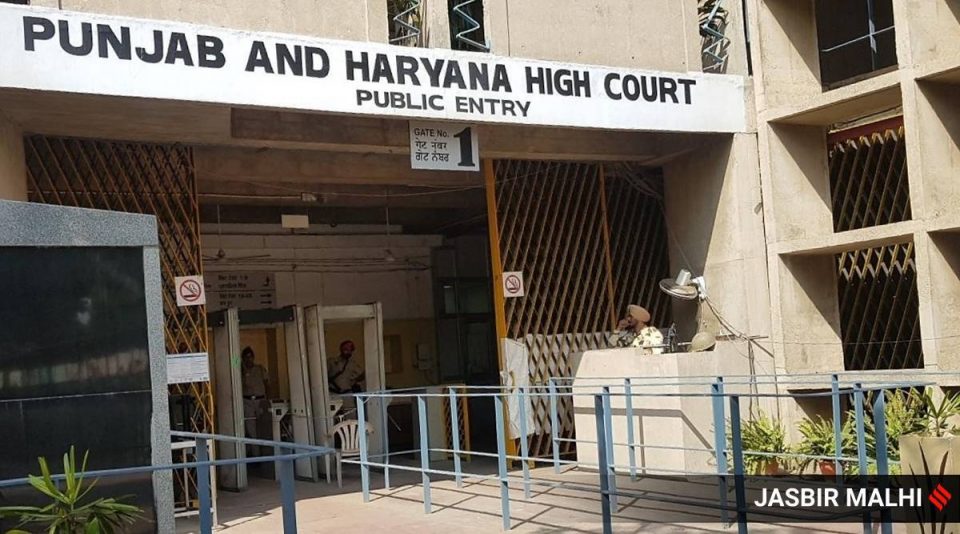The vacation bench of the Punjab and Haryana High Court Tuesday issued notice to the Punjab government while hearing a petition challenging its excise policy for 2022-2023.
The petition filed by Akash Enterprises and other petitioners, who are wholesalers/retail liquor vendor owners operating in Punjab, came up for hearing before the division bench of Justice Mahabir Singh Sindhu and Justice Vikas Suri.
The petitioners, through senior advocate DS Patwalia with counsel Gauravjit Singh Patwalia, sought for quashing the excise policy on the ground of being unjust and arbitrary. The counsel for the petitioners argued that the excise policy was an attempt to monopolise the liquor industry in the state in the favour of a “certain handful of entities”. The petition added the new policy eliminated the interests of the “marginalised wholesalers/retailers for L-1 and L-2 licenses”.
The petition mentioned that in February 2021, the Punjab Government formulated the excise policy for the financial year 2021-2022 and generated a revenue of around approximately Rs 6,158 crore. In March 2022, the Punjab Government renewed and further extended the excise policy for the financial year of 2021-2022 for a period of three months—from April 1, 2022, to June 30, 2022.
In June 2022, the government issued the impugned excise policy for 2022-2023 for a period of nine months or from July 1, 2022, to March 31, 2023. The revenue generation has been pegged at Rs 9,647.85 Crore, however, the policy suffers from various lacunas as has been detailed in the writ petition and the same are not being repeated herein for the sake of brevity, argued the petitioners.
The petitioners’ counsels further argued that the Punjab Government further issued a corrigendum whereby the maximum number of retail groups that can be allotted to an entity has been increased to five from three, which furthers the intent of monopolising the liquor industry into the hands of a few resourceful bidders.
They contended that various amendments were carried out in the excise policy primarily concerned with the security fee that was to be deposited by the bidder and the timeline during which the instalments were required to be paid by the bidders.
“The amendment gives a sole authority to the excise Commissioner to increase the upper limit of 05 groups that can be granted to any one entity,” mentioned the petition.


